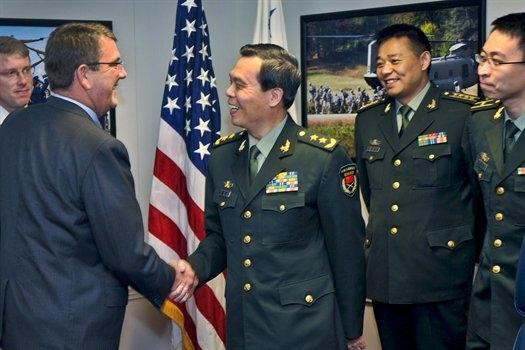A senior military officer in China has been downgraded eight grades, according to a May 16 report by Hong Kong newspaper South China Morning Post (SCMP), citing sources close to the Chinese military.
General Cai Yingting, a former deputy chief of general staff before he retired in 2017, was demoted from the Grade 10 position of “battalion leader” to Grade 2 “military leader.”





